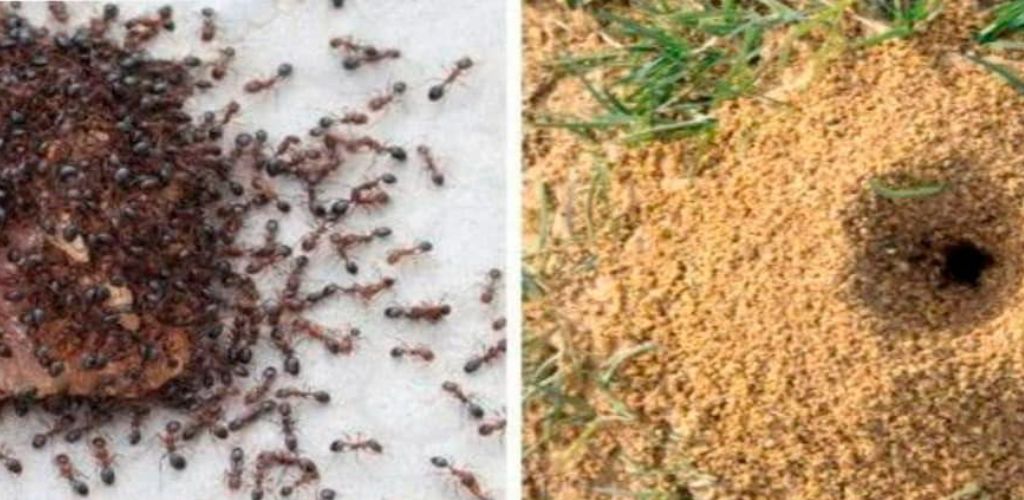01.04.2025
If ants have invaded your garden, here’s how to combat them.
Ants in the garden can be a real nuisance, disrupting plants and even encouraging other pests like aphids. Here’s a breakdown of how to combat them using both natural and more direct methods:
1. Natural and Prevention Methods:
- Identify the Source:
- Try to locate the ant nest. Eliminating the nest is more effective than just killing the ants you see.
- Observe where they’re traveling from and to.
- Remove Food Sources:
- Ants are often attracted to sugary substances (aphid honeydew) and food scraps.
- Keep your garden clean and free of fallen fruit or rotting vegetation.
- Control aphid infestations, as ants “farm” them for their honeydew.
- Barriers:
- Diatomaceous Earth (DE): This natural powder is made from fossilized diatoms. It’s abrasive and dehydrates ants. Sprinkle it around plants or ant trails. Be sure to use food-grade DE.
- Cinnamon: Ants dislike the smell of cinnamon. Sprinkle it around ant trails or nests.
- Vinegar: A mixture of equal parts water and vinegar can be sprayed on ant trails.
- Citrus Peels: Ants avoid citrus. Place citrus peels around plants or ant trails.
- Boiling Water: Pouring boiling water directly onto ant nests can be effective, but be careful not to damage surrounding plants.
- Encourage Natural Predators:
- Some insects, like spiders and ground beetles, prey on ants. Create a welcoming environment for these beneficial insects.
2. Direct Methods (Use with Caution):
- Ant Baits:
- Ant baits contain a slow-acting poison that ants carry back to their nest, eventually killing the colony.
- Place baits along ant trails, out of reach of children and pets.
- Look for baits containing boric acid or other ant-specific insecticides.
- Insecticidal Sprays:
- Insecticidal sprays can kill ants on contact, but they can also harm beneficial insects.
- Use these sprays sparingly and follow the product label instructions carefully.
- When possible use natural based sprays.
Important Considerations:
- Avoid Pesticides Near Edible Plants: If you’re growing fruits or vegetables, avoid using harsh pesticides.
- Be Patient: It may take time to eliminate an ant infestation.
- Identify the Ant Species: Some ant species are more beneficial than others. If they aren’t causing significant damage, consider leaving them alone.
- Safety: Always wear gloves and protective clothing when handling pesticides or other chemicals.
- Pets and Children: Keep pesticides and other ant control products out of reach of children and pets.
By using a combination of these methods, you can effectively combat ants in your garden and protect your plants.
